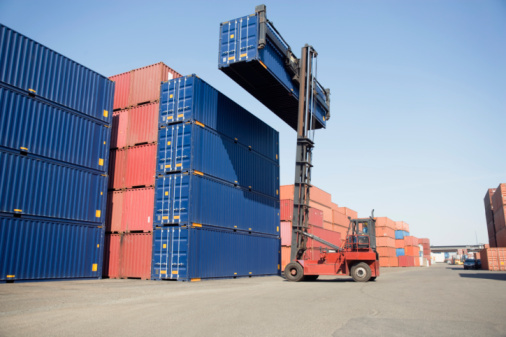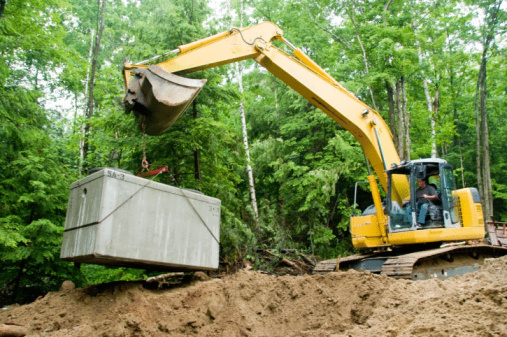What Should NOT Go Into a Storage Container?

Many things can go in these, but some things really shouldn’t.
Storage containers are incredibly useful items. You can pack them full of your personal possessions, ship them easily, and unload them simply. However, that doesn’t mean that absolutely everything should go into a storage container. Here’s what not to put in.
Anything Not Covered by Your Insurance
Before you load anything into a storage container, you need to be sure that you’ll be covered. You may be protected under your homeowner’s insurance or other policies, but contact your agent first, inform him or her of your plans, and discuss what will and won’t be covered by your insurance. If you have heavy, valuable items like large artworks or classic cars you’ll be packing, check that your policy doesn’t have specific requirements for shipping before packing them in the container. Accidents with shipping containers are rare, but it’s always better to be safe than sorry with your personal items.
Toxic or Hazardous Materials
This should really go without saying, but unfortunately, not everyone realizes that toxic materials really can’t be shipped in your average shipping container. It’s not only dangerous but illegal and you may face serious consequences. If you need to have something potentially dangerous moved from one site to another, contact a company that specializes in, and has the license to, ship hazardous materials.
Food
Even long-lasting foodstuffs like cereal shouldn’t be packed in a storage container. The reason is that even well-packed containers will see a small shifting of their contents, with the possibility that food packages can be crushed and their contents spilled. In turn, this can attract vermin when you open the container, or if the container will be sitting in a storage yard or on a dock for a period of time. That can cause a whole host of problems, even an infestation of your new home or business!
Instead, store foodstuffs separately, bring them with you in a cooler when you move, or consider donating them to a food shelter or food bank.

You have to be careful when moving any container.
Musical Instruments
Many of us enjoy playing music, but a storage container isn’t really a good place to keep your instruments. Storage containers aren’t climate controlled, and the possibility of extreme temperatures, especially while shipping, can damage your instruments, warping metal and splintering wood. Similarly, the shifting in a container may subject your instruments to pressure or other potentially damaging situations.
We recommend speaking with a shipping company, especially for rare or valuable instruments, if you’re not able to bring it with you.
Small Valuables
Storage containers are fairly large items; that’s part of the reason they’re so useful. Unfortunately, their sheer size does mean that you need to be careful what small items you put in a container.
Small items can be difficult to locate in a container, and not just because of the enormous amount of space. Items can fall into cracks, tumble inside other items you’ve packed in the container, and other problems you may not anticipate. In addition, while damage to a container rarely happens, it is a possibility, and smaller objects may fall out.
